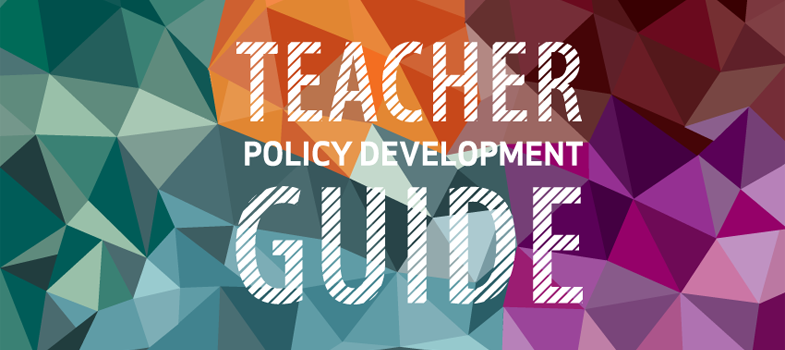4.4.5 Country ownership
Ownership of the policy process by developing countries is among the foundational principles of the Paris Declaration on Aid Effectiveness, which hold that:
- Partner countries commit to exercise leadership in developing and implementing their national development strategies through broad consultative processes
- Donors commit to respecting partner countries’ leadership, and help strengthen their capacity to exercise it (OECD, 2005/2008: 3).
Clarity about roles is therefore essential – particularly with regard to ownership, when international agencies are involved in policy development.
The Paris Declaration clearly indicates that the policy development process must be a country-led process. National governments are accountable for preparing their development-oriented policies and strategies through broad consultation. When international consultants or donors provide technical assistance for policy-making, national governments must ensure that the process is designed to develop national capacities.
The Accra Agenda for Action in 2008 notes that while recipient countries will ‘strengthen the quality of policy design’, donors should commit to ‘capacity building of the development actors – parliaments, central and local governments, CSOs, research institutes, media and the private sector’, so that they are empowered to play an active role in the policy development process (OECD, 2005/2008: 16).
4.4.4 Evidence-informed policy (EIP) development
